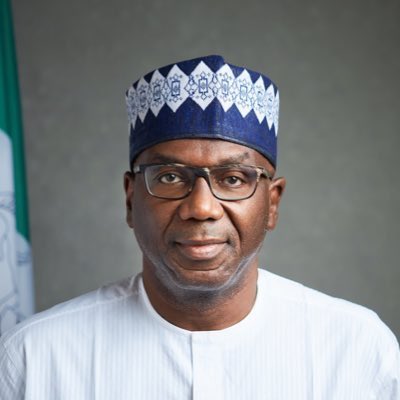Kwara hoteliers tackles government over excessive taxation, harassment, coercion.
Hoteliers in Kwara pleaded with Gov. Abdulrahaman Abdulrazaq to protect them from the state’s tax agency’s harassment, coercion, intimidation, extortion, and unlawful locking up of their premises.
They said that authorities from the Kwara Internal Revenue Service (KWIRS) routinely locked up their hotels without a court order, threatening the state’s hospitality economy.
The hoteliers were represented in the appeal by Alhaji Dauda Akande, President of the Association of Hotel Owners in Kwara, and Mr. Babatunde Oladunmoye, General Secretary of the Association of Hotel Owners in Kwara.
They claimed that KWIRS employed the police on a regular basis to harass, intimidate, arrest, detain, and prosecute members with criminal charges.
They further claimed that there was no coordination between KWIRS and the ministries, departments, and organisations in charge of setting and negotiating taxes and levies.
They said that a lack of collaboration had resulted in the imposition of “crazy bills” as demand notifications on hoteliers.
“Under the current national economic situation, our members are unable to pay the enormous bills.”
“At the moment, our members pay over 20 different taxes and levies to federal, state, and local governments.”
“Overregulation and tax multiplicity are currently a huge disincentive to investments in Kwara’s hospitality and tourism industries,” they said.
Officials also claimed that association members were often sent erroneous demand notifications, which included bills dating back to the COVID-19 era, when the pandemic required the closure of all hotels.
“The collapse of Kwara’s hotel industry will result in job losses and an increase in crime rates.”
“We request that commercial properties that pay commercial land charges to the Kwara State Geographic Information Service be exempted from the business premises levy to avoid double taxation on the commercial property.”
“Agencies established for social services, such as the Kwara Environmental Protection Agency and the Fire Service, should be well-funded by the government rather than converted to revenue-generating agencies with annual revenue targets.”
“Business associations should be allowed to direct tax and levy payments from their members to government revenue accounts.”
“This is to prevent extortion and the diversion of percentages of taxes and levies to private pockets through collusion and conspiracies,” said the group.
It urged KWIRS not to lock hotels without a court order since the agency could not be the judge in its own case, and that the agency should follow due process in all tax disputes.
“If our hotels are locked up without due process, our association may have no choice but to seek redress in a court of competent jurisdiction,” the association warned.
In response to the claims, Mrs. Titi Ogunwale, Head of Corporate Affairs at KWIRS, indicated that both parties had engaged in a series of dialogues and discussions.
She expressed surprise at the hoteliers’ complaints and stated that discussions were conducted and decisions on how to handle concerns were made.
“I am surprised to see this coming up again; we have had continuous collaborations with all of the state’s associations.”
“If they are dissatisfied, they can invite us or we can invite them to a discussion, which we have done.”
“We met two weeks ago, and both parties reached an agreement.” ”I’m not sure where all of these claims are coming from,” she remarked.
KWIRS, according to Ogunwale, had already discussed the legal procedure for what should be done to the hoteliers.
She stated that the association’s charges would not improve matters and that KWIRS will continue to educate relevant parties on taxation issues.
She emphasised that the law requires anyone involved in economic activities in the state and making a profit to pay taxes.
She stated that if a business owner was operating at a loss, they were not needed to pay any tax as long as they provided proof to the agency.
According to a KWIRS representative, the agency solely collects taxes based on assessments by appropriate ministries and does not produce bills.
Ogunwale emphasised that the agency was not strict, and that if there were any concerns, “business owners can reach out to the relevant ministry, which will in turn communicate decisions to KWIRS.”




